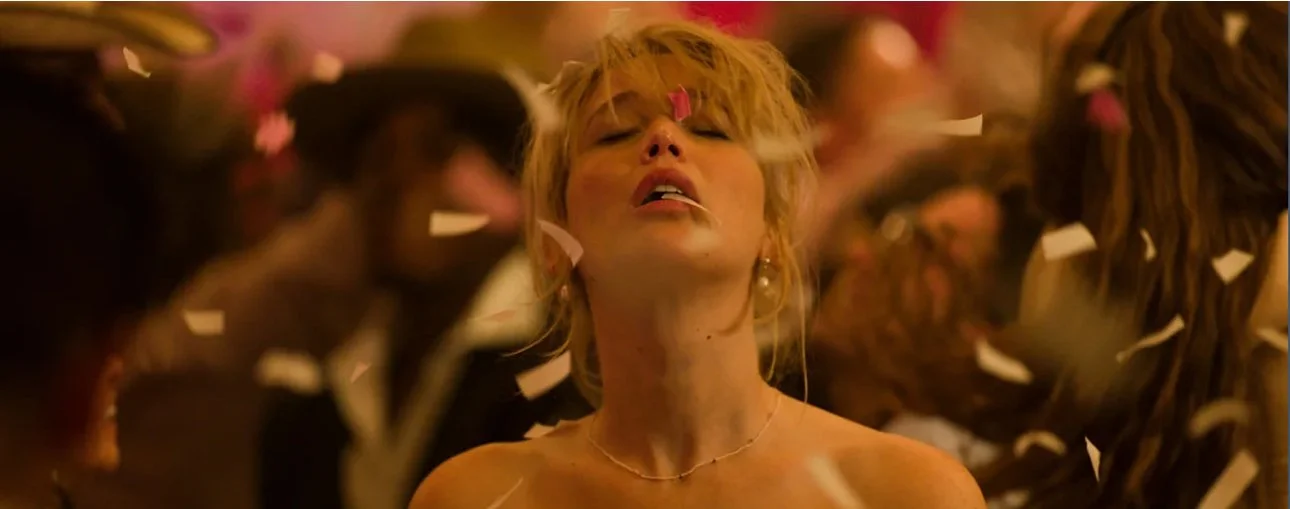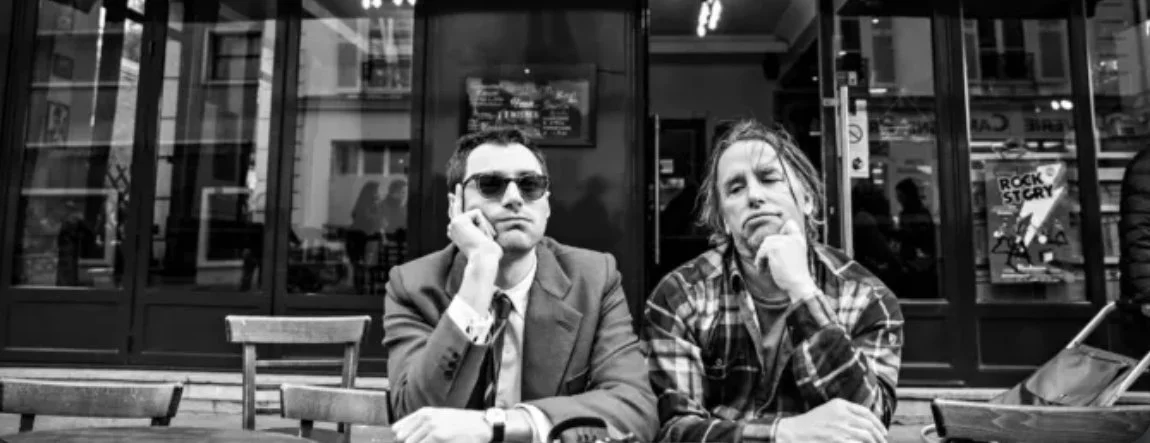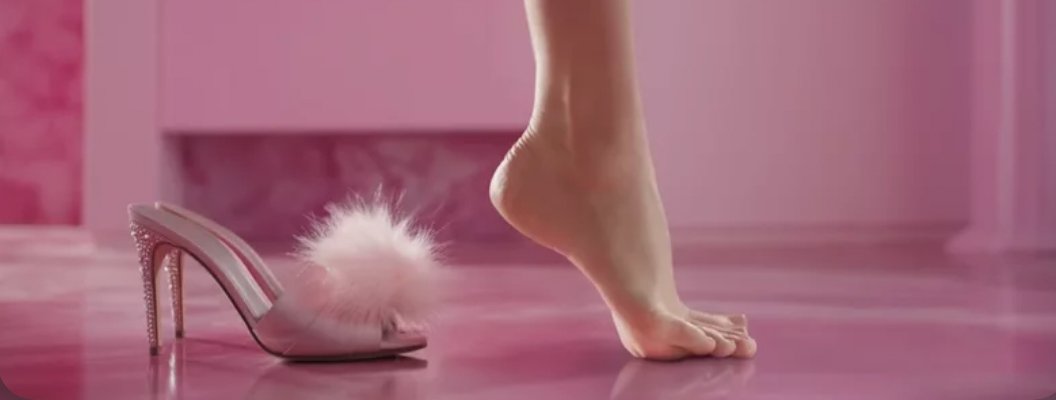You’ve got to hand it to Greta Gerwig, her “Barbie” is one of the weirdest and most audacious big studio summer movies I’ve ever seen, and that turns out to be a good and bad thing. It’s also incredibly self-absorbed in its own virtues.
You won’t believe what Gerwig and her Barbie (Margot Robbie) get away with in this joyously over-the-top meta feminist manifesto. Yes, they’ve made something political out of the blonde-haired, pink-dressed doll.
If she had shown hints of brilliance as an actress and director, Gerwig has officially lost the plot. Her film, set in Barbieland, a utopia for strong women, and with men, all second fiddles named Ken, overreaches to the nth degree. Hell, there’s even an all-Barbie Supreme Court. So fetch!
This is a messy and convoluted film, filled with so many ideas and themes that it threatens to derail at any moment. The fact that it only falls apart at the half-way mark is a testament to the way Gerwig can deftly balance satirical comedy. But there’s a limit to her blind ambitions.
The problem is that Gerwig’s passion for the material is so overwhelming that it blurs her better judgement. If I was, somewhat, at first, hooked on the story of Barbie and Ken traveling from Barbieland to the real world, I completely clocked out once Gerwig decided to hammer down a speechifying lesson in the film’s second half.
And what a messy last half hour it is. She throws everything but the phonebook to assault us with her faux messaging. By then, she’s already juggled multiple twists and turns, some inspired, others falling flat, but her empty disdain for the “patriarchy,” a word mentioned almost a dozen times, does her a disservice. “Barbie” is a feminist fantasy that paints men as the “problem” in society, and it all feels like a little too much. There’s no genuine feeling to it — as if it was written by a Twitter algorithm.
What can you say about a film that opens with a lame ‘2001: A Space Odyssey’ parody featuring girls playing with dolls and then bashing and smashing them while uttering “We don’t have to be mothers anymore.”
The crux of the plot has Margot Robbie’s Barbie having to leave “Barbieland” because she’s not adapting: she's having thoughts of death, cellulite and flat feet, oh my. It turns out that, while going to the “real world”, our world, her Ken realizes that men can have power too. He assembles his alpha buddies to transform Barbieland into a male paradise (the “Mojo Dojo Casa House”) and that’s when he becomes the villain of the piece.
in Gerwig’s world — the females have to lead through and through. They’re the brains of the operating world, whereas the Ken men, just so low-IQ, are morons, and need to stay that way.
The plot of “Barbie” needn’t be plausible — it can’t be, it’s about a doll — but Gerwig, alongside co-writer Noah Baumbach, makes sure, at every turn, to let her audience know that we’re in on the joke. A subplot involving a mother-daughter (America Ferrera and Ariana Greenblatt) who help Barbie find her true woman falls flat and has no substance. No emotion is earned, it all feels false, strenuous and empty.
The film is certainly a spirited affair, drenched in pink campiness that criticizes, at every step, its own existence. But it also reeks of corporate feminism, the kind that only sees things in black and white, never digging deeper into the nuances that come with the territory. One can easily admire Gerwig’s ambitious attempt at avoiding materialism in her “Barbie” movie, but her way of delivering the film’s core message turns out be artificial and, unbeknownst to her, materialist.
Of course, Robbie is, as always, charming, and Gosling amusing as “boyfriend” Ken, not to mention the incredible production design, but the movie plays it all so hard. Its own cleverness becomes a detriment, its cutesy nature nauseating.
The marketing-on-steroids, the hype, we’ve had to endure for “Barbie” could never result in bad reviews. People had to, needed to, have this movie turn out to be good. However, don’t be mistaken, this film is another ploy by capitalism to sell more merchandise, and its true brilliance hides behind its faux-subversive facade. Those who want to see, and try hard to like, “Barbie” will do so accordingly, and you can bet they’ll also tweet about it. [C]





